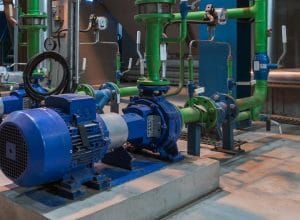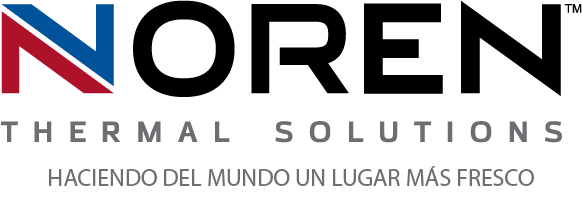 Despite the many different objectives and processes that differ between most industries, there are several things that companies in every industry share. For example, the need for effective technology and electrical cooling solutions is common, as most companies rely increasingly more heavily on technology to stay competitive. The need to implement greener operations and energy initiatives is also common, as consumers across every market demand companies take greater responsibility for their impact on the environment. In many cases, the use of modern heat exchangers has been an important benefit in several of those green energy initiatives.
Despite the many different objectives and processes that differ between most industries, there are several things that companies in every industry share. For example, the need for effective technology and electrical cooling solutions is common, as most companies rely increasingly more heavily on technology to stay competitive. The need to implement greener operations and energy initiatives is also common, as consumers across every market demand companies take greater responsibility for their impact on the environment. In many cases, the use of modern heat exchangers has been an important benefit in several of those green energy initiatives.
The eco-friendly ways they transfer heat
The most obvious green energy aspect of heat exchangers is the way in which they transfer electrical waste heat. Using natural processes such as phase-change cooling, conduction, and convection (natural and forced), heat exchangers are able to stop electrical systems from overheating while reducing a company’s need for energy significantly. Reducing energy consumption is a key component of most company’s green efforts, and heat exchangers have become one of the most effective ways to start.
The amount of energy companies save
In fact, reducing the need for energy to keep electrical cooling systems running has a number of different beneficial effects on a company’s overall operations. Relying on less energy means a company’s overhead can be noticeably reduced, and its impact on the environment (or footprint) can become significantly smaller. With the money companies save on energy, they have more freedom to invest in greener technologies and processes in other areas of the business.
The cleaner, more natural cooling processes
Green energy initiatives aren’t just about reducing energy consumption; they’re also about helping companies maintain a small, manageable, and cleaner environmental footprint. Chemicals that traditional solutions use to chill air (such as the Freon in air conditioners) can pose a threat to the environment if leaked or not disposed of properly. By contrast, heat exchangers only use eco-friendly cooling fluids (usually water) and contain that fluid within a tightly sealed loop.
The ability to facilitate other green initiatives
As companies venture even more into cleaning up their environmental footprints, they’ve also implemented several other processes that rely on additional energy. For example, wastewater treatment processes have become essential for companies looking to reduce or eliminate the contaminated water they release. The process involves applying heat to the water as it’s being treated, and many companies supplement that energy with the waste heat they collect from cooling electrical enclosures.
For more information about whether heat exchangers are a good green energy investment, call Noren Thermal Solutions in Taylor, TX, at 866-936-6736.







